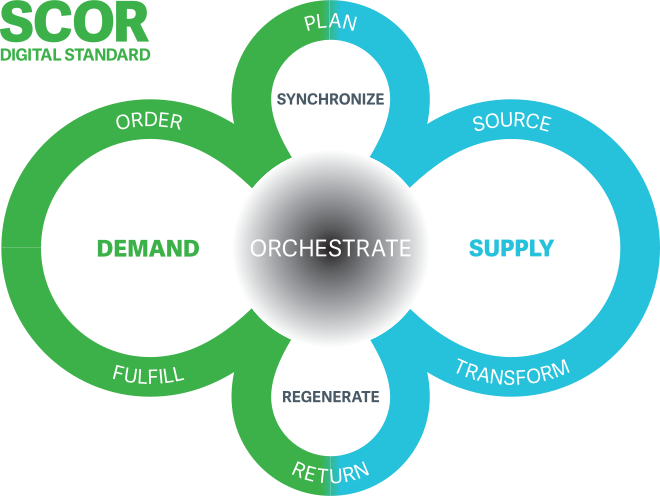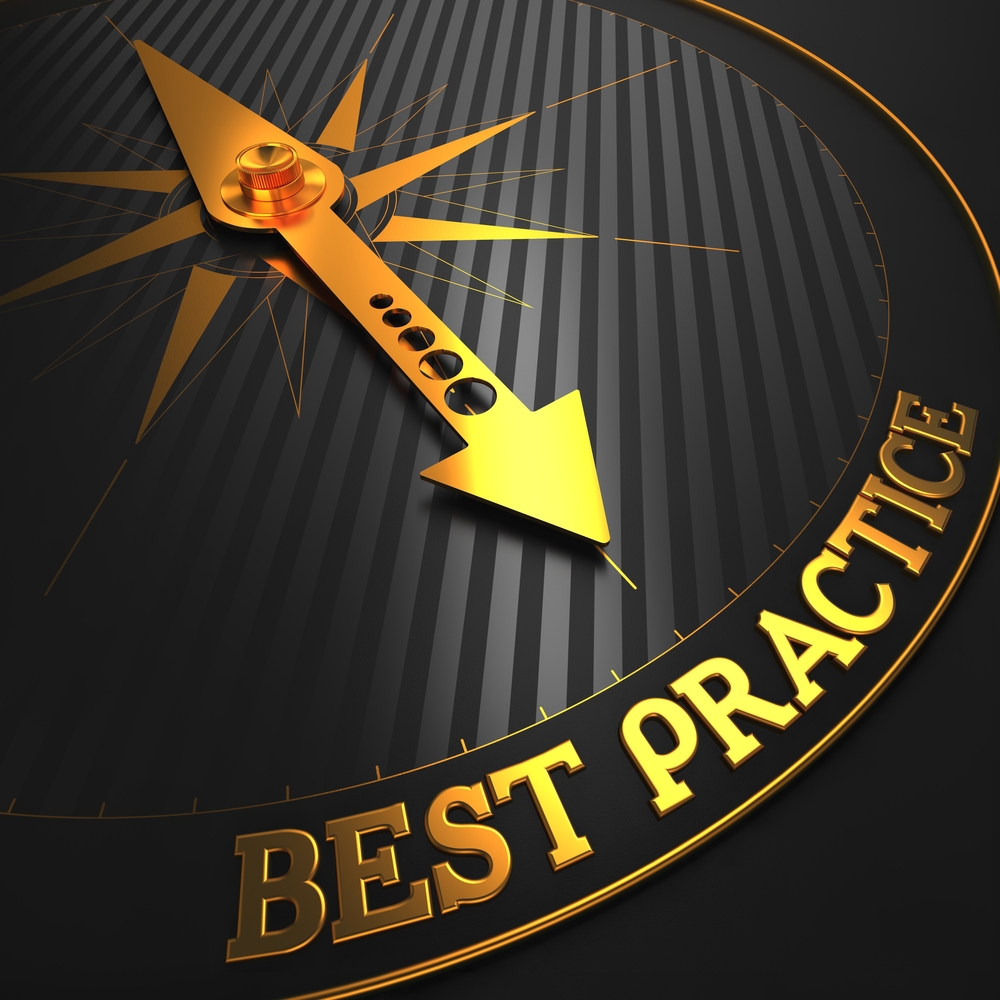The manufacturing CFO’s role within a company has changed in recent years. Modern CFOs have moved from the back office where their role was seen mainly that of being a number-cruncher or a financial risk manager. Today, the CFO works with massive amounts of data within the company. SYSPRO is the right choice to assist manufacturing CFOs when facing the multiple challenges (and opportunities) of the modern business world.
Business Automation and Software Blog
Robert Baran
Recent Posts
How to Achieve Supply Chain Sovereignty in Your Manufacturing Business
We started talking about “supply chains” in the mid-1990s. At that time, global political conditions were encouraging companies to expand into international markets. The internet world was gaining in popularity and telecommunications was booming. The business world changed: instead of the outdated model where a single manufacturer was responsible for performing most of the activities involved in bringing a product to market, international supply chains used specialized suppliers. Production costs and services dropped. Consumers were able to take advantage of better quality and preferred pricing for finished goods.
Topics: Supply chain sovereignty
Order Fulfillment Process More Efficient with ERP
In the post-COVID world, your order fulfillment process is a critical part of your business. The reason is very simple: getting orders into customers’ hands, container yards, or warehouses quickly and efficiently often results in customer loyalty. By improving their order fulfillment process, manufacturers, distributors, and retailers can increase the number of repeat customers their business attracts.
Order Fulfillment Measurement
Topics: order fulfillment process
Top Features in Sage 300 2023, Versions .0 and .1
The Sage 300 2023.0 update was released to customers in September 2022. This update included features to enhance security, enhancements to the Web Screen for Sage 300cloud and improvements to CRM integration.
Password Security Upgrades
In Sage 300 2023, user passwords are even more secure. You now have the option to require complex passwords that must include a lower-case letter, an upper-case letter, a number, and a special character. Plus, additional technical upgrades and enhancements improve overall security.
Topics: Sage 300 2023
Demand Forecasting in Supply Chain Management 2023
Demand forecasting is a crucial component of a distributor's supply chain strategy. Without it, there is no system to determine how to purchase inventory to fill orders in the changing economic conditions present in 2023. Demand forecasting in supply chain management must consider several factors, including the WHO recently announcing the end of the global pandemic.
Distribution companies will no doubt rely more on technology for the rest of 2023 and beyond. Interacting with suppliers and vendors digitally will become routine for most interactions.
How a Cloud ERP Will Benefit Your Company’s Finances
Your company’s finance department can have a substantial impact on your business—depending on whether it runs efficiently. Managers need to make crucial data-based financial decisions to help the business succeed. Investing in a cloud ERP (enterprise resource planning) system is an excellent way to give your finance team the information they need quickly and easily.
An Integrated Cloud ERP System
A company's cash management and capital planning are essential for its success. If employees must perform these processes manually, it takes a long time and a lot of effort.
Topics: Cloud ERP
How Manufacturers Fight Back Against ERP Cyberattacks
Manufacturing companies absolutely depend on their ERP to optimize their business processes and give them the data they need when making important decisions. Cyberattacks and ransomware are unfortunately becoming more common over time, which makes taking steps to fight back against these cyberthreats a priority. Improving ERP security is one thing all manufacturers can do to mitigate cyberthreats.
Why are ERP Systems Targeted?
The answer is simple: a company’s ERP contains crucial and sensitive information. If this information is obtained by outsiders, it may lead to:
Topics: ERP security
Recently, we provided A Step-by-Step Guide to Making Your New ERP Selection. But what happens once your business has chosen a new enterprise resource planning (ERP) system? Your organization will benefit from gaining access to sophisticated software that can integrate and streamline your business processes across your entire organization. ERP implementation makes accounting and your other operations run more smoothly.
ERP Implementation Best Practices
Deploying an ERP can be a complex process, though, and you’ll need to spend some time planning. Continue reading to discover best practices for implementing your company’s ERP.
Topics: ERP implementation
Want to Digitize with ERP? Get There in Five Simple Steps
Technology is making organizations change rapidly and the pace of that change is accelerating more quickly than ever before. Change is now at the point where it is redefining markets and forcing entire industries to adjust the way they do business. Decision makers must also change with the times and embrace new technologies to ensure their business stays competitive. Part of the solution is to digitize with ERP.
Topics: digitize with ERP
Supply Chain Crisis Still Impacting Manufacturing Efficiency
The supply chain crisis is far from over and US manufacturers are taking various steps to confront this issue. The old methods of confronting delays in the supply chain, such as moving production offshore as sources of less-expensive labor, are no longer viable. Companies making high-end products with a substantial profit margin are finding their manufacturing efficiency has dropped. These companies are considering moving their production to its original location. However, reshoring is a decision that can’t be made lightly.
Topics: manufacturing efficiency












 © 2019 PositiveVision • 219 E. Thorndale Ave. Roselle, IL 60172
© 2019 PositiveVision • 219 E. Thorndale Ave. Roselle, IL 60172